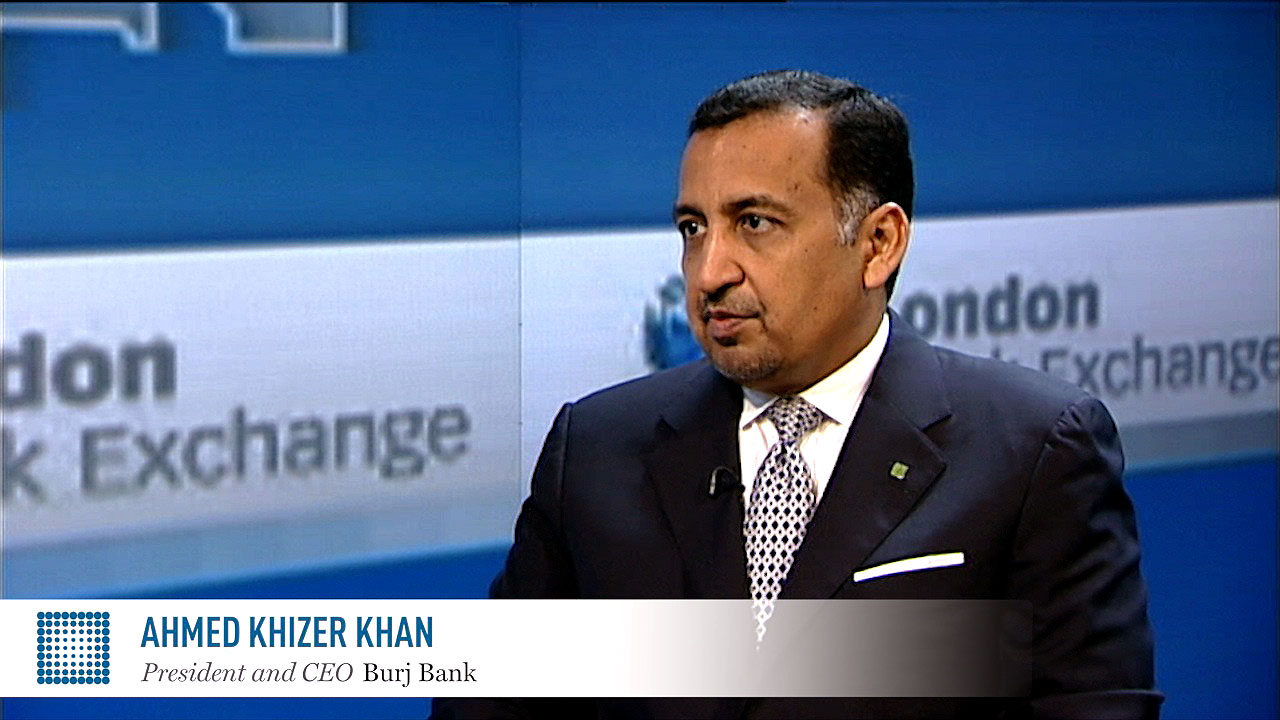Engro Corporation on the challenges Pakistan faces
World Finance speaks to Hussain Dawood, Chairman of Engro Corporation, about the dramatic maturation of Pakistan's local resources sector
Related:
Transcript
From coal to food, demographic shifts in Pakistan have lead to a dramatic maturation of the local resources sector. But what does this mean for its economy? World Finance speaks to Hussain Dawood, Chairman of Engro Corporation, about what the future holds.
World Finance: According to your 2011 sustainability reports, you have achieved very high dispatch rates and as a result seen a lot of strong performance in your sector. Now, can you tell me what the energy outlook is for your country right now?
Hussain Dawood: The energy situation is quite desperate. The reasons are that the total generation within the country is inadequate. In addition to that you have a situation in which the amount that is being generated is not efficient. You have a capacity but you are not able to utilise the full capacity because of the inefficiencies that are within the system.
So in other words, the overall net ability declines further. So we have a situation where in the country there should be about 18,000MW of generating power, and it never goes beyond 14,000MW. So there are challenges from that viewpoint.
The energy situation is quite desperate. The reasons are that the total generation within the country is inadequate
In addition to that when you look at the population growth that is taking place, and the fact that there is a rising expectation particularly because of the increasing middle class, the demand for energy is going up also – so you have double whammy. One is the population and the other is the expectation – and the demand for that power is going up. And that is compounding the overall demand supply situation – the delta is getting larger.
If we look at the growth of the population, according to the United Nations, Pakistan will be doubling its population by 2050 and then we will be at 350 million people or more. In such a situation, the energy challenge becomes even greater and the Prime Minister has indicated in one of his speeches, that he thinks we will have to go as high as 50,000MW of power generation, which is a significant difference from where we are today. From 18,000MW to 50,000MW will entail a lot of investments.
World Finance: So do you think the Government, in making this speech and declaring essentially that there really has to be more of a ramping up of efforts, is doing its part?
Hussain Dawood: I think his understanding is correct, however to go about and create this type of change you have to be attracting foreign investments. Where do you get the foreign investments from? This is the great challenge.
He has been very successful in going over to China and encouraging them to take interest in investing. The Chinese are coming forward in a very significant way, to invest in the energy sector of Pakistan. We ourselves are deeply involved with the Chinese in developing energy resources in several investments, rather than in a single one.
World Finance: You are operating in a country that unfortunately has seen a lot of political instability in the last decade. Has that instability in any way detracted attention from your company’s efforts locally?
[T]here is an eternal law of economics, and that is that returns have to match risk
Hussain Dawood: You have to realise there is an eternal law of economics, and that is that returns have to match risk. It’s a natural law and nobody is able to manipulate that in any way. So when you have this type of political instability, naturally rates of return go up because the risk factors are higher. The second thing you must realise is that you can’t make money if everything is bland – you make money in ups and downs. So you want some movement within the market place, and that’s what provides the interest and the excitement.
World Finance: In those up periods when you are peaking, you must be thinking about expansion goals or taking the company forward because the market is working in your favour. Tell me about some of those expansion plans.
Hussain Dawood: Pakistan has the fifth largest coal deposits in the world – 175 billion tonnes of coal. And we have a block there of two billion tonnes, and that block is capable of supporting 4,000MW of power for 50 years, so we are developing that.
We are developing not only the mining, but the power generation which has come from that. We are already the largest power generators in the country – we do about 12 percent of the country’s generation. And with this, we will be able to make a further contribution.
World Finance: A very exciting time, it sounds like for your company. Mr Dawood – thank you so much for joining us today.
Hussain Dawood: It has been a great pleasure, thank you very much for inviting me.

 How HBL’s digital payment solutions are expanding financial inclusion
How HBL’s digital payment solutions are expanding financial inclusion Ahmed Khizer Khan on banking in Pakistan | Burj Bank | Video
Ahmed Khizer Khan on banking in Pakistan | Burj Bank | Video
